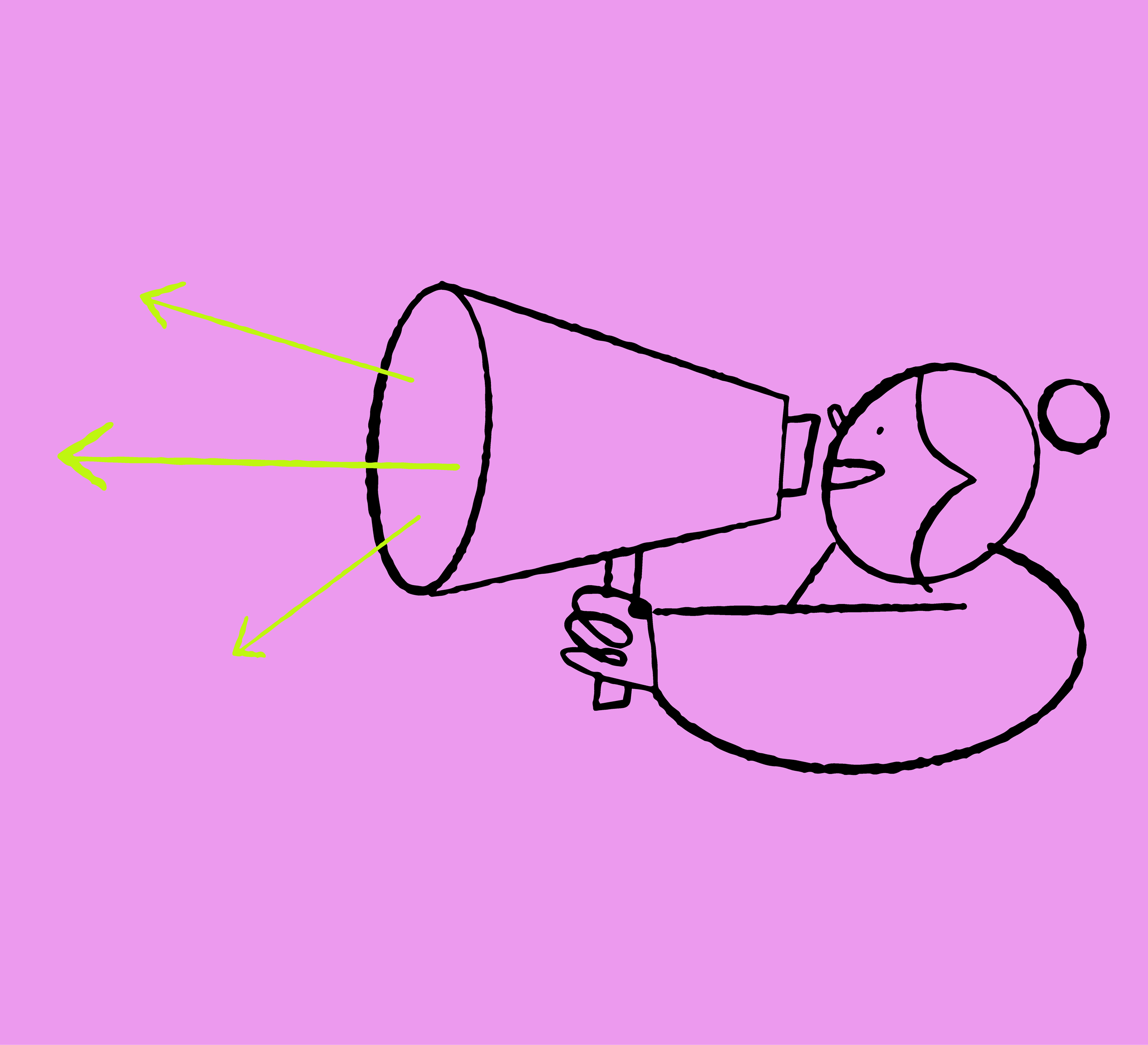Throughout our partnership with Inclusion as Prevention we’ve engaged with 98 young people to design and improve services, and early intervention for young people with experience of the justice system. It is estimated that a further 300 also participated through surveys and attending workshops. We’ve tackled challenges, overcome barriers, and learned together as a team to understand the system in South Lanarkshire, to ensure young people aren’t just supported when they enter the justice system, but that the services are there to prevent them from doing so.
Read MoreOver the last five years we have been working to change the systems of support for young people who come into conflict with law in Scotland. We’ve been doing that through co-production with young people to re-imagine the kinds of supports that help keep them included in their communities and in the supports on offer to them. Too often young people are excluded from systems of support when they come into conflict with the law. This project fundamentally reframes the work of prevention and early intervention to be young-person centred and inclusive of their diverse experiences and needs.
Read MoreThere are many different approaches to producing a Theory of Change. It can be a tricky balancing act between bold ambition and feasibility. Go too big, and your Theory of Change feels unattainable and fails to become a useful tool. Get too boxed in by practicalities, and it feels uninspiring.
We’d argue for a Theory of Change to be useful, it must adopt an integrated approach. We talk about the strengths of an integrated approach in our strategy paper launched early last year. We have been attempting to further progress it ever since (with a lot of success, failure, and learning along the way).
Read MoreThis Mental Health Awareness Week we’re exploring our role as researchers and designers in projects that centre mental health and wellbeing for young people. We are particularly curious about how we establish the right conditions for exploring these issues with our partners in the work – and how we can best share our lessons with others.
In this blog, we focus on three areas that have become especially important to us at Dartington:
the beginning of the projects and our own standpoint as we begin,
the process of establishing strong relationships that can hold complexity and trust, and
the sustainability and impact of our shared work on mental health.
From training packs for teachers on how to respond to disclosures of abusive relationships, to resources for young people on how to recognise the signs of coercive control, there’s something for everyone to feel better educated on both topics and empowered to take action so that young people and families have their needs met. We’ll be celebrating and sharing the exciting work these young changemakers have been designing – in person – at the #ChangeUp Exhibition in Paisley. This exhibition, open to everyone in Renfrewshire and beyond, is packed with the innovations designed by and for young people and system leaders, to inspire all of us to educate, empower and equalise systems to tackle coercive control and take early action on mental wellbeing.
Read More

